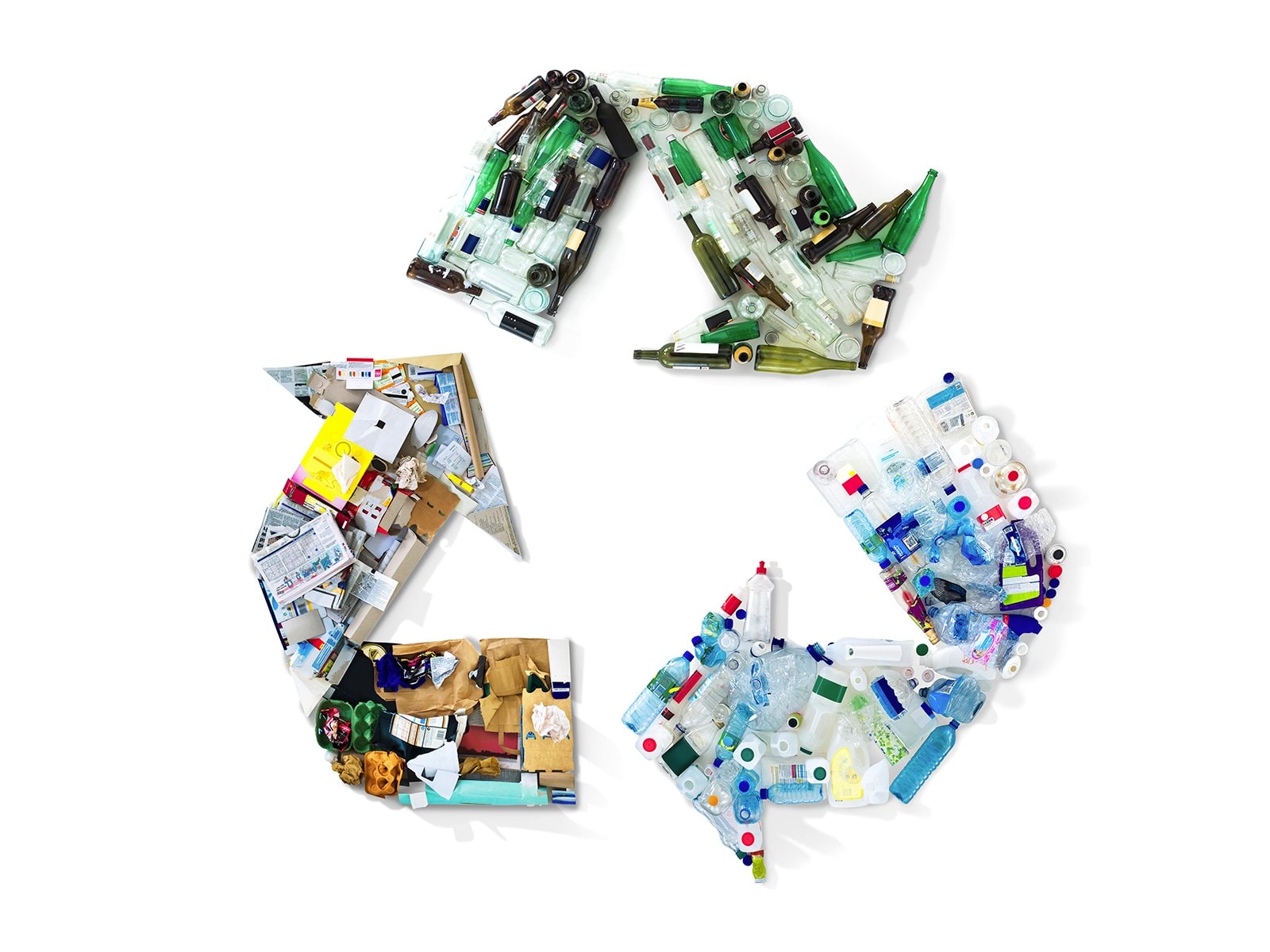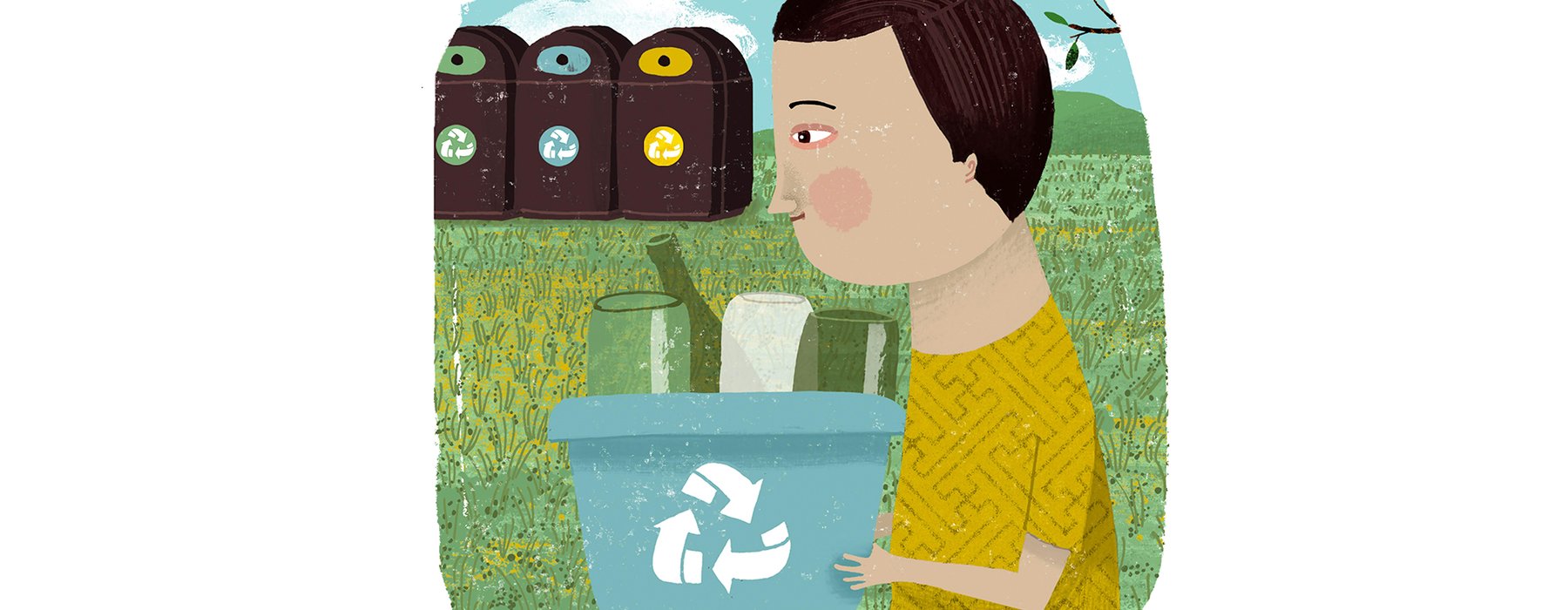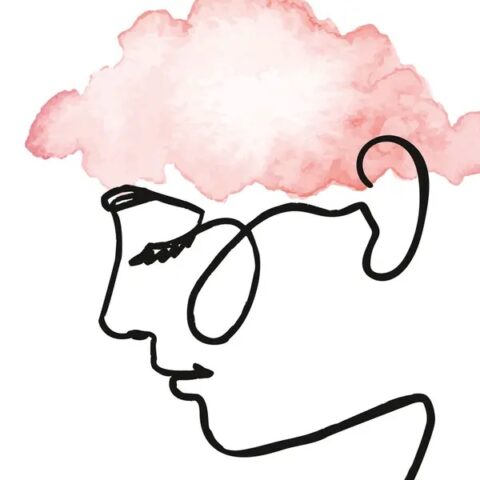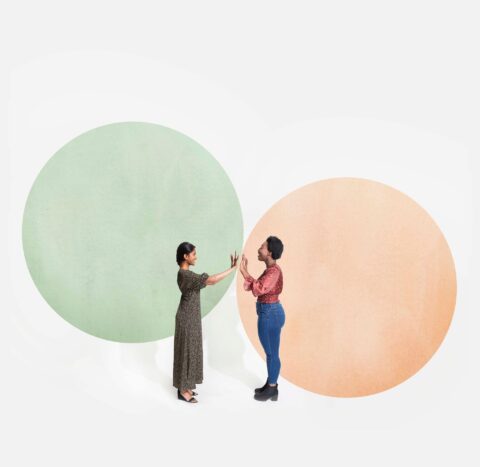What happens to all those bottles, cans and boxes you throw in your recycling bin – and is there a better solution?
Recycling often feels like the guilt-free way of disposing of something – and it can be when done correctly.
But the reality is, not everything you put in the recycling bin gets recycled. Some ends up in local landfills. Much of it is exported, where not all of it is recycled and some is burned or discarded.
New Zealanders recycle 1.3 million tonnes of materials each year, but 70% of this is sent overseas. In the wake of China restricting the import of recyclable materials in 2018 – and with limited alternative overseas markets – the government is working on upgrading recycling facilities so that more can be processed onshore.
It’s always better to refuse or reduce disposables. Failing that, you can try reusing, refilling, repurposing, rehoming or repairing. If there is no other option however, recycling is the next best step.
It’s worth being aware of what materials are more easily recycled. Glass is the winner – it’s more likely to be recycled onshore, and can be recycled an infinite number of times without degrading. Aluminium can also be recycled an infinite number of times, but is mostly sent offshore. A large proportion of plastic and paper is sent offshore. Additionally, plastic can only be recycled an estimated seven times, and paper an estimated four to six times.

Soft plastic
Clean and dry soft plastics, such as bread bags, plastic bags and chip packets, can be taken to a collection point, located in supermarkets and other stores around the country.
Soft plastics are recycled in New Zealand into fence posts, buckets and other plastic products. For locations and details, visit recycling.kiwi.nz.
Paper and card
Paper and cardboard are valuable resources, but not as much is recycled locally as you would think. Only around 50% of New Zealand’s paper and cardboard is recycled onshore. Compost what you can to help lessen the load. Most receipts, due to being coated in chemicals, and paper scraps smaller than a credit card (being too small for the sorting machines), are not recyclable.
Plastic
Only 9% of plastics ever produced in the world have been recycled – the rest are in landfill or the environment. And even if plastic is recycled, it’s downcycled into a lesser material and eventually still degrades.
Some plastics are more readily recycled than others. Look for the number inside the recycling symbol on the base of your packaging. Clear plastics, and those labelled 1, 2 and 5, are the most easily recyclable onshore and offshore, and many councils are now only collecting these plastics. Some cities, including Auckland and Hamilton, collect all plastics, but numbers 3, 4, 6 and 7 are dumped in landfills while councils look for better solutions.
According to a WasteMINZ report, products such as tomato sauce, biscuits, sushi, yoghurt, sour cream and cream cheese are commonly packaged in plastics 3, 4, 6 and 7, so try to avoid these. Manufacturers are also being asked to switch to more recyclable packaging options.
Metal and steel
Aluminium, tin and steel can be recycled in nearly every region. Unfortunately, much of it is sent overseas for processing. Nearly 75% of aluminium ever produced globally is still in circulation though, so it’s clearly worth recycling. Additionally, the recycling process requires far less energy than making new aluminium. Clean aluminium foil can also be recycled, but gather enough of it to be rolled into a ball before recycling. Some councils accept empty aerosol cans and metal jar lids too.
Glass
Glass bottles and jars are handy to reuse and are usually recycled within New Zealand into new glass containers or roading materials. According to a Glass Packaging Forum report, in the 2018- 2019 year, 73% of glass was captured for recycling, and of that, 71% was recycled into new glass containers, while 14% went to roading materials. However, you can’t recycle broken drinking glasses or window glass.
Miscellaneous
TerraCycle runs recycling programs for hard-to-recycle things such as pens, dental waste and packaging, coffee capsules, razors and blades, skincare, hair care, and pet food packaging and food pouches. Visit terracycle.com for details. You can also order one of the company’s newly launched Zero Waste Boxes to recycle all those pesky extras, including cigarette waste, disposable gloves, ear plugs, bottle caps, name tags, shipping materials and more – a handy option for businesses wanting to reduce their waste. There are a number of other items which can be recycled through different businesses and organisations, including e-waste, batteries, bread tags, bottle caps, can tabs, plant pots, eye glasses, paint, light bulbs, polystyrene and pool toys. The Great Eco Journey has a handy guide on their website.
Top tips
- Different councils have different regulations, so be sure to check your local rules.
- Keep recycling loose rather than in plastic bags and remove soft plastic sleeves from plastic bottles.
- Wash your recycling well to avoid contaminating the whole recycling bin.







